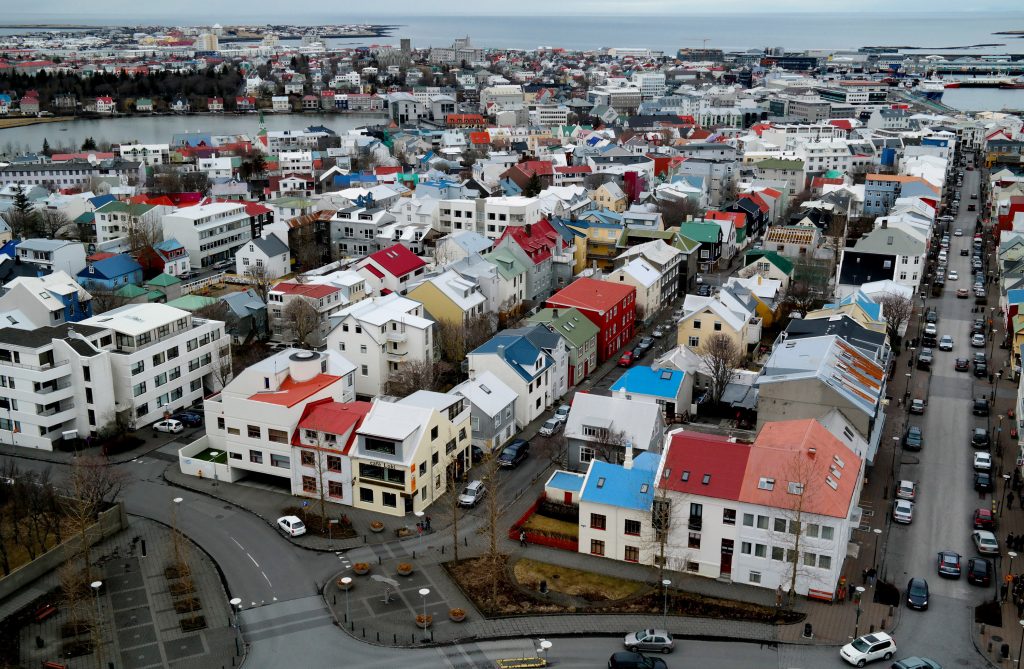Iceland’s ban on unnecessary travel from high-risk areas now in effect

Iceland’s ban on unnecessary travel from high-risk areas came into effect on April 27 in an effort to tamp down a rise in domestic COVID-19 infection.
High-risk areas will be defined by any place where the 14-day incidence rate of infection is more than 700 people per 100,000 inhabitants.
The definition will also be applied to areas where no reliable information is available.
The ban applies to all international travellers, even if they are from European Economic Area states or countries part of the European Free Trade Association.
Foreign nations who already reside in Iceland are not subject to the new restriction.
The new ban does not apply to international travellers coming to Iceland for reasons deemed essential. Essential travel falls into the below categories:
- Transfer passengers.
- Healthcare and elder care workers
- Transport workers
- Individuals in need of international protection.
- Urgent family travel
- Individuals and delegations invited by Icelandic authorities, diplomatic staff, representatives of foreign states, staff of international organisations, armed forces representatives, humanitarian assistance and civil protection staff, and the families of all of the above
- Students
- Individuals who need to travel due to business or work that, due to its characteristics, can not be postponed or carried out abroad
-Source: Government of Iceland
As of Tuesday, Iceland was reporting 43.4 domestic infections per 100,000 people (up from 29.2 last week), and 3.8 cases per 100,000 people at the border (down from 5.2 last week).
The ban will remain in place until the end of May.
Write to Eilís Quinn at eilis.quinn(at)cbc.ca
Related stories from around the North:
Related stories from around the North:
Canada: Arctic Tourism & the Pandemic podcast, Eye on the Arctic
Finland: Mysterious coronavirus variant in Arctic Finland is rare US-Mexican strain, Yle News
Denmark/Greenland: Greenland authorities buoyed by high demand for COVID-19 vaccine, Eye on the Arctic
Iceland: Icelandic government proposes bill for stricter COVID-19 border measures, Eye on the Arctic
Norway: Norway extends border closure with Finland due to pandemic, The Independent Barents Observer
Russia: Norway closes borders over fears of virus, but exempts Russian fishermen from severely infected border region, The Independent Barents Observer
Sweden: COVID-19 strategy darkens Sweden’s image in the Nordics, Radio Sweden
United States: Alaska politicians send Trudeau letter saying they’re “shocked” over Canada’s COVID-19 cruise ship ban, Eye on the Arctic



